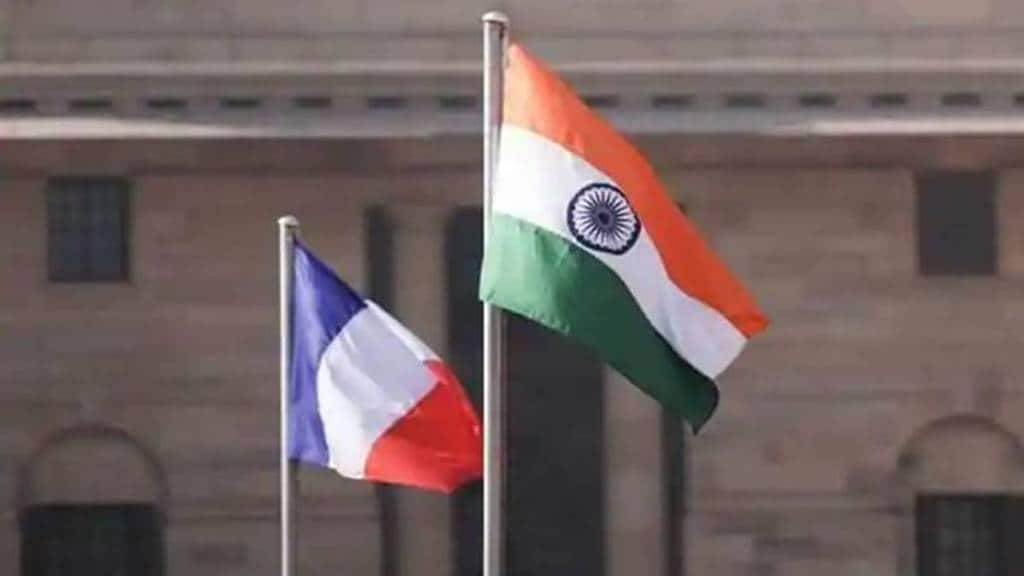France and India are making remarkable strides in the field of nuclear energy, with a focus on the Jaitapur 6-EPR power plant project. This ambitious endeavour aims to provide reliable, affordable, and low-carbon energy through the construction of six cutting-edge European Pressurized Reactors (EPRs) in Jaitapur. In addition, both countries have joined forces to explore the potential of Small Modular Reactors (SMRs) and Advanced Modular Reactors (AMRs). These advanced nuclear technologies offer compactness, flexibility, and enhanced safety measures. Together, France and India are forging ahead to revolutionize the energy landscape and tackle global challenges.
In addition to their focus on the Jaitapur project, France and India have decided to embark on a cooperative program involving Small Modular Reactors (SMRs) and Advanced Modular Reactors (AMRs). SMRs are compact nuclear reactors that offer flexibility in terms of size and application, while AMRs represent advanced designs that incorporate cutting-edge technology for enhanced safety and efficiency.
The joint statement released after the leaders’ meeting in Paris last week emphasized their commitment to the success of the Jaitapur EPR project and acknowledged the significant progress achieved thus far. Both countries plan to intensify their collaboration in the upcoming months to further advance this initiative.
It is important to note that the Jaitapur plant’s installation capacity of 9.6 GWe will make it the most powerful nuclear power plant worldwide. It is expected to generate approximately 75 TWh per year, effectively meeting the energy needs of around 70 million Indian households. Importantly, this project will contribute to reducing carbon emissions by an estimated 80 million tonnes of CO2 annually, playing a crucial role in addressing climate change.
The construction and commissioning of the Jaitapur units, as well as the necessary permits and consents in India, fall under the responsibility of the Nuclear Power Corporation of India Limited (NPCIL). NPCIL will also oversee the certification of the EPR technology by the Indian regulator.
EDF, the French utility company, will not be an investor or directly involved in the construction phase of the project. However, it aims to establish a long-term partnership between the French and Indian nuclear industries, leveraging the complementary skills of EDF and NPCIL. This partnership aligns with India’s initiatives, such as Make in India and Skill India, to encourage Indian industrial involvement and foster skill development.
Currently, India has 23 operable reactors, with an additional eight under construction, highlighting its commitment to nuclear energy as a vital component of its power generation mix. The cooperation between France and India on the Jaitapur project and the exploration of SMRs and AMRs signifies a shared vision for sustainable and efficient nuclear energy solutions.
By leveraging these advanced nuclear technologies, France and India are paving the way for a greener and more prosperous energy future while addressing the pressing challenges of climate change and energy security.

